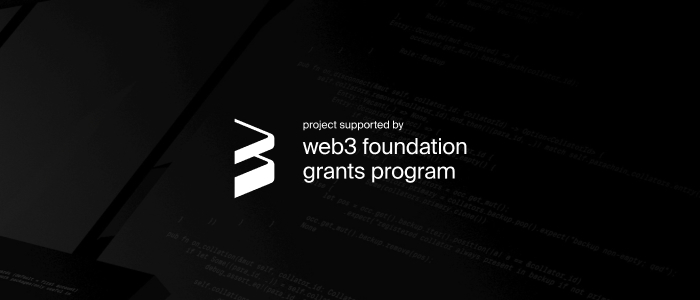Ethereum is an open-source, blockchain-based platform known for its native cryptocurrency, Ether (ETH). Beyond being a digital currency, Ethereum is widely recognized for its ability to execute smart contracts and support decentralized applications (DApps). Unlike Bitcoin’s blockchain, which focuses on tracking ownership of the cryptocurrency, Ethereum’s blockchain is designed to serve as a decentralized computing platform and ledger. This enables complex contracts and decentralized applications to be built and operated without downtime, fraud, control, or interference from a third party.
Ethereum has introduced the concept of a programmable blockchain, where developers can create a wide range of applications, from games and digital collectibles to decentralized finance solutions and more. Its introduction of smart contracts has been a revolutionary step in the blockchain and crypto space, paving the way for numerous innovations.








